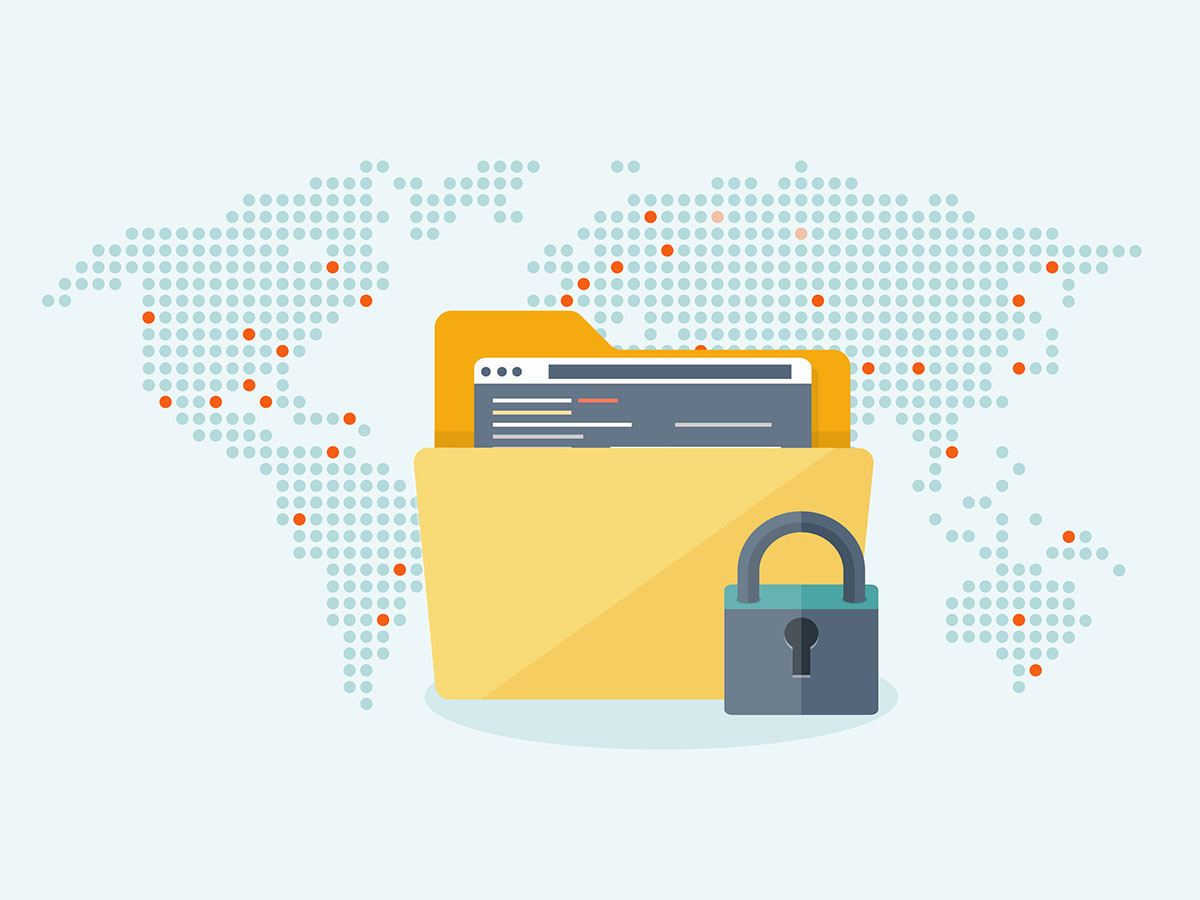A session key is a unique key generated for each new connection between two parties during a communication session. This key ensures secure data transfer by encrypting and decrypting the information exchanged. It is discarded once the session ends, making each session secure in its own right.
Session Key Examples
1. Online Banking
When accessing online banking services, confidentiality and data security are of utmost priority. Here’s where session keys play a significant role. As soon as you log into your account, the system generates a unique session key for your connection. This key aids in keeping your banking session confidential and secure, encrypting all the interactions during this session.
Stay One Step Ahead of Cyber Threats
Whether you’re checking your balances, transferring funds to a friend, setting up direct debits, or interacting with customer services, all these communications are encrypted and protected with your unique session key.
The safety feature of session keys is that they are temporary. The moment you log out from your banking session, the system discards the session key. Hence, even if a malicious entity could access this key, they could not use it to gain unauthorized access to your banking details, as the key would be invalidated as soon as your session concludes.
2. Social Media Platforms
When using social media sites like Facebook, Instagram, Twitter, or LinkedIn, data protection is crucial. Session keys form an integral part of this secure environment. The moment you log into your social media account, a distinct session key is generated that counts for the duration of your connection.
This key helps secure all your activities during the session, such as posting updates, sending direct messages, commenting on posts, or even editing your profile. It encloses all these activities in encryption, ensuring your data remains protected from potential cyber threats.
The safety assurance comes from the fact that session keys are momentary. Once you log out of your account, the session key is discarded. This means even if someone acquires the key, they can’t misuse it to tamper with your personal information since the key becomes invalid when your session gets terminated.
3. Email Services
Secure email services are critical in our day-to-day communication. Each time you log into your email platform, such as Gmail or Yahoo Mail, a session key is automatically generated. This key acts as a security guard for your entire session, providing encryption for every activity you execute during the connection.
This includes actions like composing and sending emails, receiving and reading emails, creating or deleting folders, and even changing your settings. Every bit of your data is kept secure by the cloak of encryption provided by the session key.
The distinguishing safety characteristic of a session key is its temporary nature. As soon as you log out, the session key is disposed of. So, if by any chance, someone gets hold of your session key, they can’t misuse it to infiltrate your email account because once the session ends, the key loses its validation.
Conclusion
Session keys play a crucial role in securing online interactions across various platforms, including banking, social media, and email services. By encrypting each unique session and discarding the key after use, it provides a robust security mechanism that keeps personal data safe and prevents unauthorized access.
Key Takeaways
- Session keys are unique keys established during every new session of communication, ensuring a protected data transfer.
- These keys encrypt the information exchanged during the session and are discarded at the end, making each session secure in itself.
- In the context of online banking, session keys keep financial transactions secure, ensuring your banking details remain confidential.
- On social media platforms, session keys safeguard your interactions, posts, and private information from potential cyber threats.
- While using email services, session keys shield your messages and account settings, preventing unauthorized access to your emails.
Related Questions
1. What happens if a session key is breached?
A session key is temporary and only valid for a particular session. If it’s breached, any subsequent sessions won’t be affected as they’ll have new, unique session keys. If a breach is detected during an active session, the session can be immediately terminated, invalidating the session key.
2. Who generates the session key?
The session key is typically generated by the system or server to which the user is connecting. This happens automatically upon successful authentication (login) of the user credentials.
3. Can a session key be reused?
No, a session key is used exclusively for a specific session and gets discarded after the session ends. Each new session will have a new, unique session key.
4. How long does a session key last?
The lifespan of a session key corresponds to the connection period between two parties. It only lasts for the duration of the specific session and is discarded once the session terminates or the user logs out.
5. How does a session key ensure data security?
Session keys secure the data transferred during a session by encrypting it. This means that even if the data is intercepted, it would be unreadable without the specific session key. As the session key is discarded after the session, the encryption safeguard is strong.
"Amateurs hack systems, professionals hack people."
-- Bruce Schneier, a renown computer security professional






